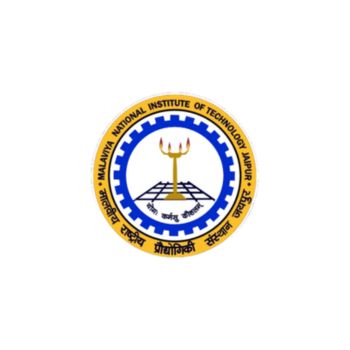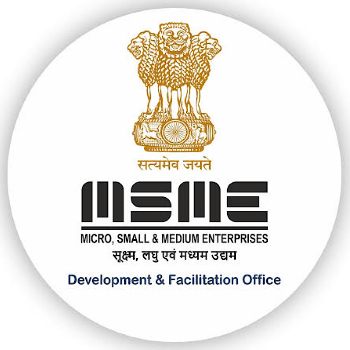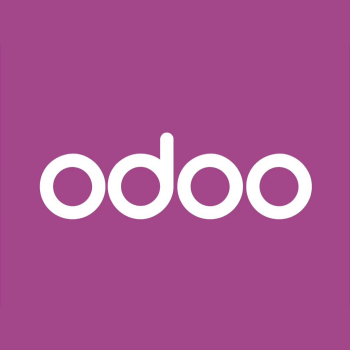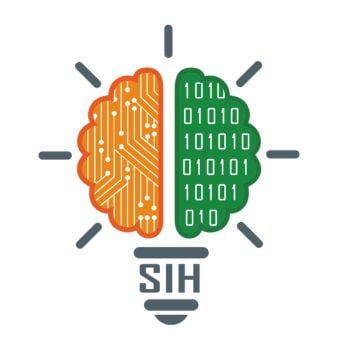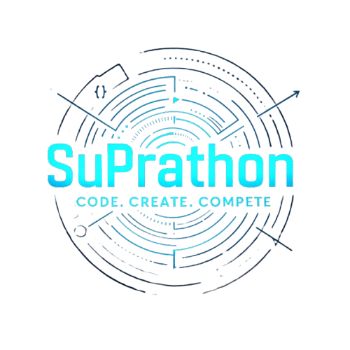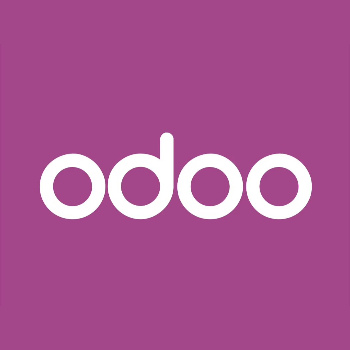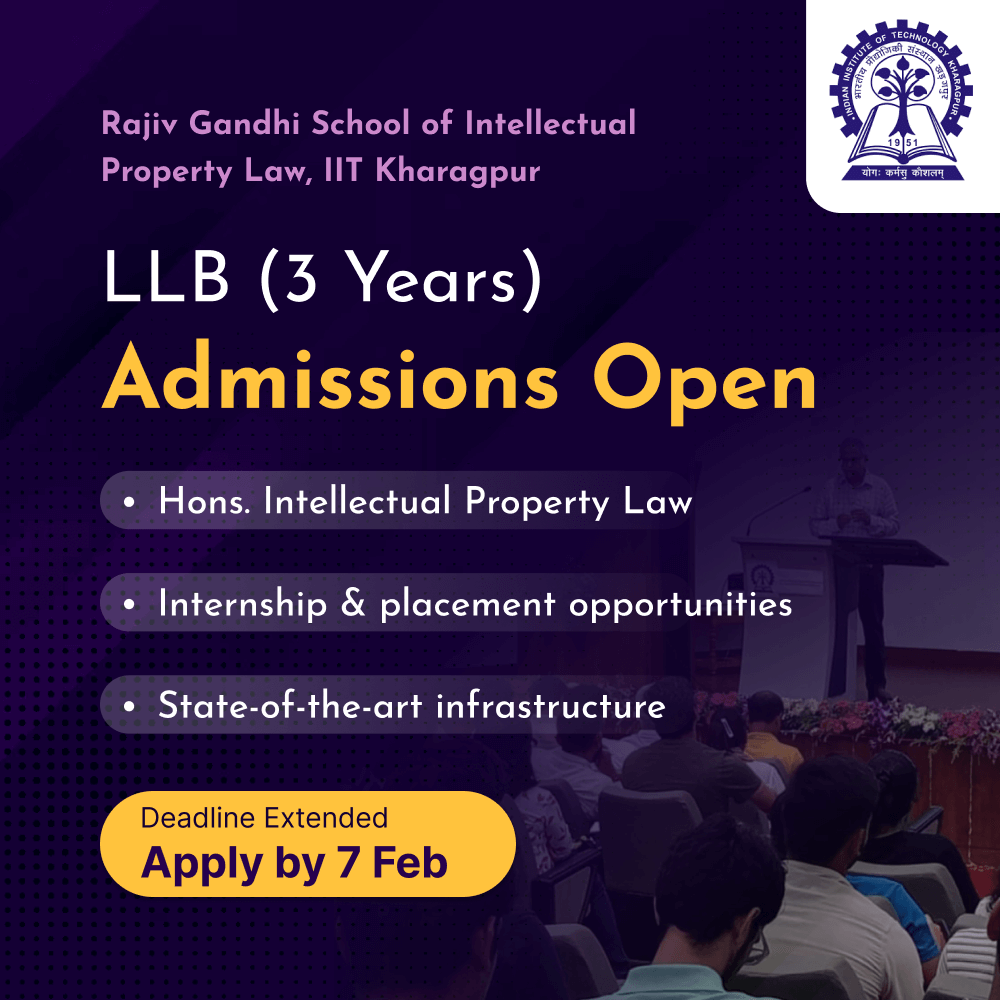Registrations are open for Hackathon on Plastic-Free Rivers with AI towards Sustainability at Reva University for the year 2023. The last date of registration is 9 July.
About the Hackathon
Let’s create a ripple effect of change by harnessing the power of AI to protect our rivers and water bodies. Participate in this exciting AI Hackathon and help us positively impact the environment. The goal of this Hackathon is to create new technologies and strategies to reduce plastic waste and create healthier and more sustainable rivers and oceans. This Hackathon is aligned with Sustainable Development Goals – SDG 14 life below water, conserving and sustainably using marine resources.

Eligibility
- AI Developers, AI Enthusiasts, Data Scientists, ML Engineers, Programmers, freelancers, students etc, can participate.
- Participants must have experience with object detection models and frameworks, such as YOLO, TensorFlow Object Detection API, or OpenCV.
- Participants must have a good understanding of image processing techniques and deep learning algorithms.
- Participants should demonstrate their ability to implement and fine-tune object detection models for real-world applications.
- Participants must be familiar with data annotation and cleaning techniques.
- Participants should have experience in programming languages such as Python.
- They must be able to work collaboratively in teams and communicate effectively.
- They must be able to submit a detailed report, codes, and relevant files.
- Participants should have a strong passion for creating innovative solutions to tackle the global plastic waste problem.
Submission Guidelines
The problem statement of this hackathon is to develop a reliable and efficient AI-based object detection algorithm using images captured via drones to detect plastic waste in rivers and other water bodies and, in turn, to reduce the negative impact of plastic pollution on the environment and human health.
The metadata of the UAV images includes geo-location information. The images are taken at an elevation approximately 10m above the water level.
Guidelines for Building an AI Model on Object Detection
- Participants are required to label the data on their local system before training. You will need to annotate the images using an annotation tool such as Labelimg/CVAT.
- You may use any open GPU systems like Google Colab/Data Bricks/Cloud platforms for training the models.
- Train and test datasets are provided, and it is important to use the training set exclusively for training the model, while the test set should be used for testing the model. Register here to download the data set.
- Organize your object detection algorithm’s folder structure, including folders for training, testing, and any data configuration files that may be necessary while submitting.
- Maintain clean coding practices, including proper inline comments, which must be followed.
- The code should effectively detect plastic waste and provide its geo-location as a URL link.
- The model’s mean average precision, commonly referred to as mAP, needs to be a minimum of 65%.
- The estimated effort to tackle this data challenge is around 40 hours.
Instructions for Submission:
- Submit the complete model with a folder structure that adheres to the instructions
- Include Jupyter Notebook or Python file used for training, as well as a requirements.txt file, also in ONNX format
- Zip and submit all in the given link.
- Submit the presentation deck as per the template given.
- Submit the video explaining the approach and solution.
Registration
Interested candidates can register via this page.
Phases
Phase I: Model building
Detection and Counting of Plastic
- Label the images for plastic. Accurate labeling is part of the Hackathon challenge.
- AI-based object detection and counting of plastic in the images.
- Geotagging and mapping of plastic.
- Submit the results.
Phase II: Prototype submission
Feasible Solution and System Architecture
- Demonstrate and deploy a feasible solution with system architecture for implementation. Show tech stack, dashboards and downstream actions which trigger a set of events for the detection and estimation of plastic and weeds.
- Submit a prototype or an MVP.
Open Innovation Challenge
For special jury award
- Build a spatiotemporal model capturing the metadata available in the images, including Latitude and Longitude, to detect moving and stationary plastic, weeds and other debris in the images.
- You may use any state-of-the-art algorithms to build efficient solutions to detect and curb the plastic menace, which can help local authorities to take intelligent actions. Build a solution to identify the severity of the menace and develop an early intervention and warning system.
Prizes

Important dates
- Registration Opens: 9th June 2023
- Phase I Model Building: 9th June to 9th July 2023
- Phase I Results: 15th July 2023
- Phase II Prototype Submission: 15th July to 30th July 2023
- Phase II Results: 10th August 2023
- Mentorship to the Top 10: 10th August to 22nd August 2023
- Grand Finale: 25th August 2023
Contact
You can also reach out to us at AIHackathon[at]race.reva.edu.in or +91 89040 58866.
